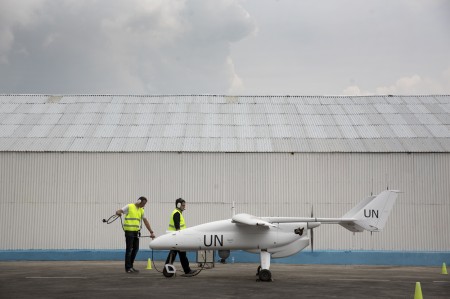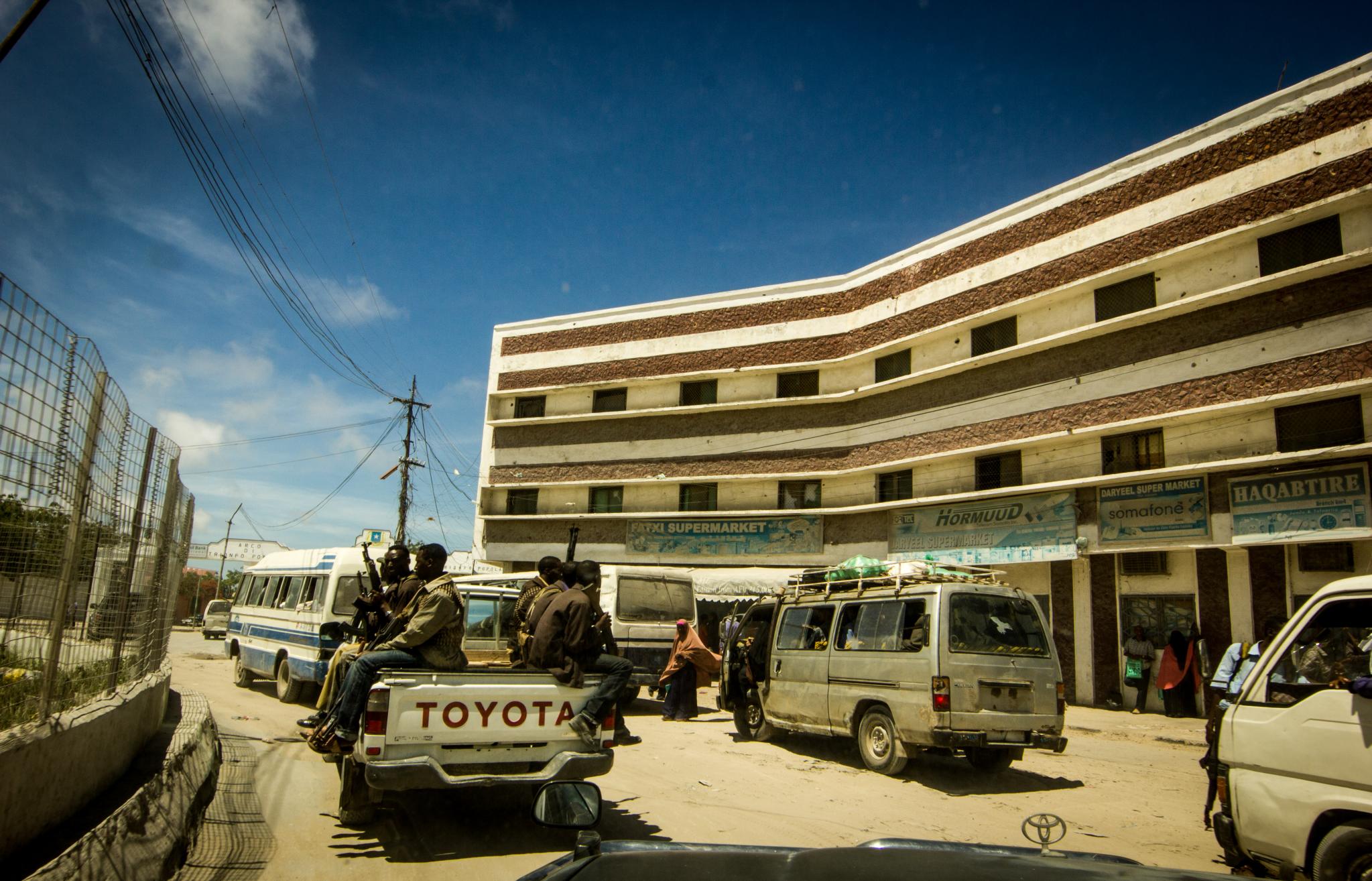This article was originally published by Mats Utas on 14 July 2014.
Since 2001, Jos, Nigeria is internationally known for intermittent bursts of violent, inter-religious conflict. In addition, for the past several years Nigeria has faced terror attacks by the Islamist group Boko Haram, what many would call the worst violent crisis since independence.
On 20 May 2014, two bombs went off in the center of Jos, killing at least 118 people and injuring 56 more. The area targeted was Terminus Market, arguably the busiest and most densely populated location in town, a market used by all ethnic groups and by Christians and Muslims alike.




